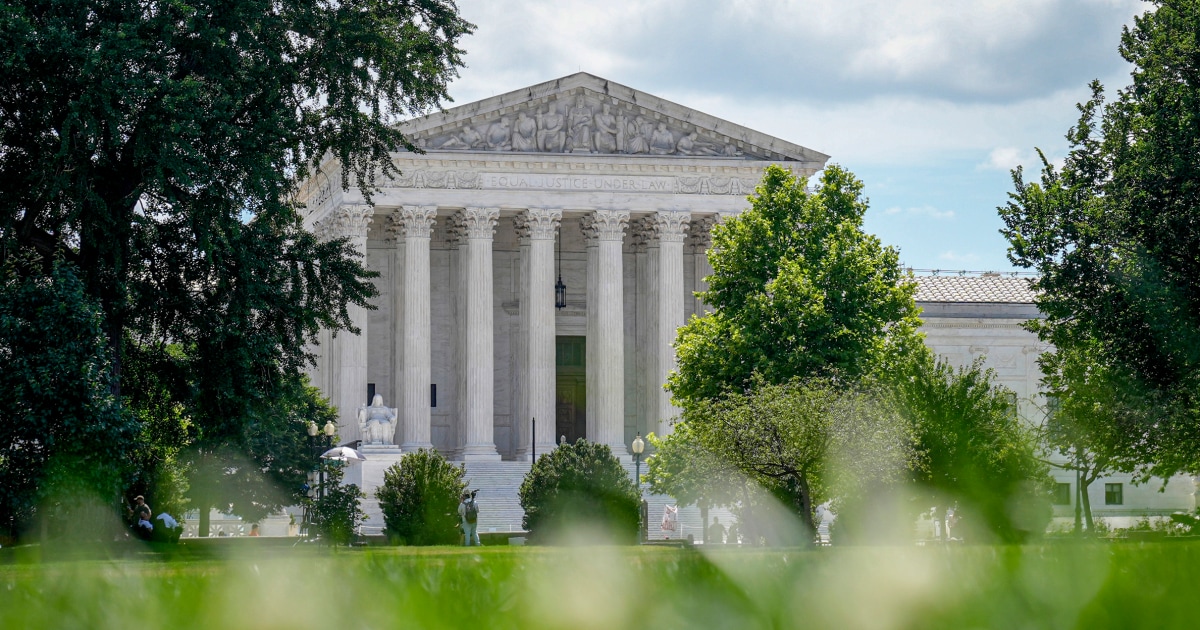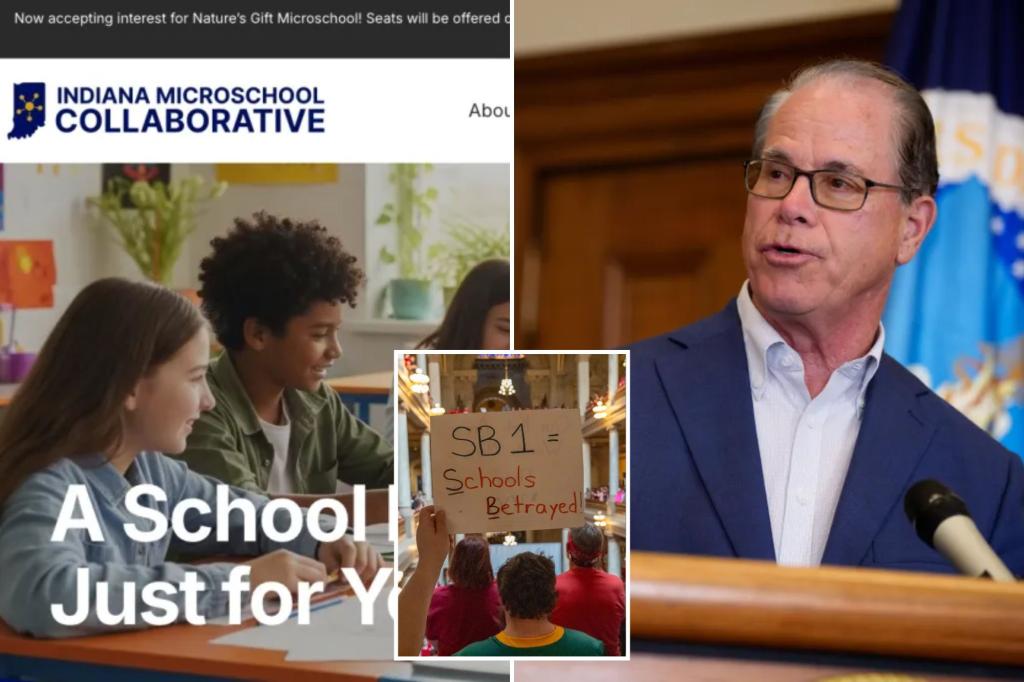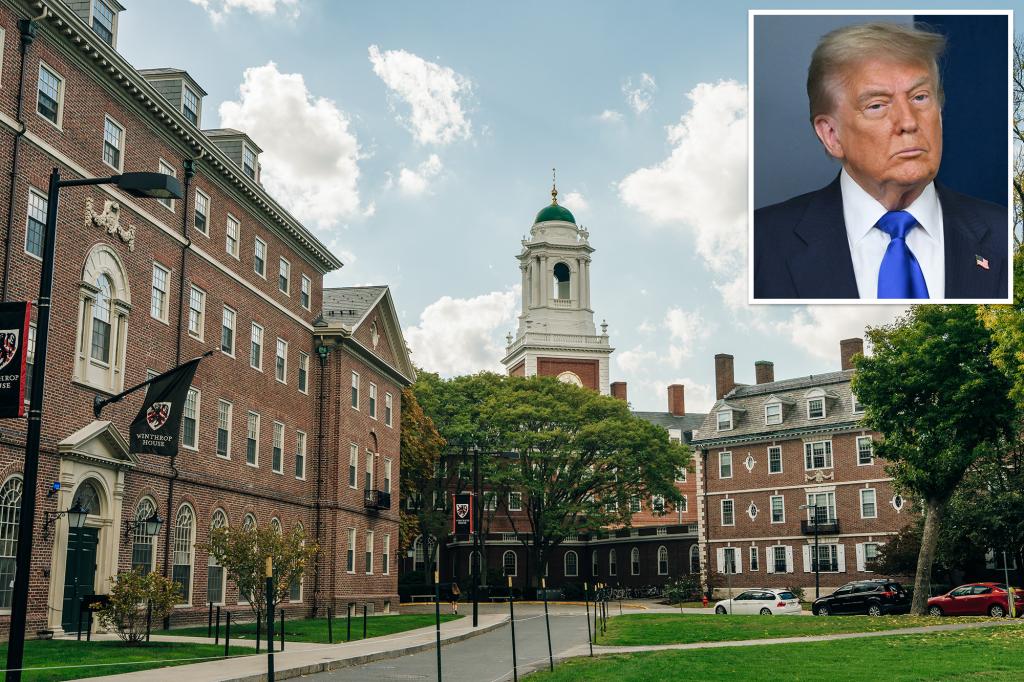Supreme Court Weighs Landmark Church-State Case: Understanding the Future of Publicly Funded Religious Schools
The Supreme Court is preparing to deliberate on a landmark case that holds significant implications for the relationship between church and state in the realm of education. This case centers around Oklahoma’s initiative to establish its first publicly funded religious school, a move that could reshape the landscape of educational funding and the role of religious institutions in public education across the United States. As this pivotal moment approaches, it’s essential to explore the complexities and potential outcomes of this case, as well as its broader implications for the future of publicly funded religious schools.
Background of the Case
The case stems from Oklahoma’s recent legislative actions aimed at enabling the establishment of a publicly funded religious school. Proponents argue that this initiative is a necessary step to provide parents with greater choices in their children’s education, particularly in areas where educational options may be limited. However, opponents raise concerns about the separation of church and state, arguing that public funding for religious education infringes upon constitutional principles laid out in the First Amendment.
This case is not occurring in a vacuum. Over the past few years, there has been a noticeable shift in the judicial landscape regarding church-state relations. Previous Supreme Court rulings have increasingly favored the inclusion of religious expressions and institutions in public life, leading to the current environment where the establishment of publicly funded religious schools is gaining traction.
The Constitutional Debate
The heart of the matter lies in the interpretation of the First Amendment, which prohibits the government from establishing an official religion while also protecting the free exercise of religion. This dual mandate has led to ongoing debates surrounding the funding of religious institutions with taxpayer dollars.
- Establishment Clause: Critics argue that publicly funded religious schools violate the Establishment Clause, which mandates a separation of church and state. They contend that government funding for religious education could endorse specific religious beliefs, potentially alienating families of different faiths.
- Free Exercise Clause: Supporters of the initiative argue that the Free Exercise Clause protects the rights of parents to choose religious education for their children. They assert that denying public funding to religious schools is a form of discrimination against religious practices.
This tension between the two clauses forms the crux of the Supreme Court’s deliberations. As the justices prepare to hear arguments, the outcome could set a precedent that influences future cases involving church-state relations across the nation.
Implications for Publicly Funded Religious Schools
If the Supreme Court rules in favor of Oklahoma’s initiative, it could open the floodgates for similar programs across the country. States may begin to establish publicly funded religious schools, fundamentally altering the educational landscape. Here are some potential implications:
- Expansion of Educational Options: Parents may gain access to a wider array of educational choices, including religiously affiliated schools that align with their beliefs and values.
- Funding Challenges for Secular Schools: Publicly funded religious schools could divert essential funds away from secular public schools, exacerbating existing funding disparities and potentially impacting the quality of education for all students.
- Legal Precedents: A ruling in favor of religious schools could set a legal precedent that influences other states considering similar initiatives, leading to a nationwide trend of public funding for religious education.
Public Opinion and Community Perspectives
Public sentiment regarding publicly funded religious schools is divided. Some communities express enthusiasm for the potential benefits of increased educational choice, while others voice strong opposition rooted in concerns about equity and the separation of church and state. Community discussions often reflect broader concerns about educational inequality and the need for robust public education systems.
Surveys indicate that many parents are eager for more options, particularly in underserved areas where traditional public schools may be struggling. However, advocacy groups representing secular education argue that the focus should remain on strengthening public schools rather than diverting funds to religious institutions.
The Role of the Supreme Court
The Supreme Court’s decision in this case will not only impact Oklahoma but could also resonate through all states grappling with similar dilemmas. The court has historically been a critical arbiter of church-state issues, and its rulings often reflect the prevailing political and social climate.
As the justices deliberate, they will consider various factors, including:
- Precedent: Previous rulings on related issues, such as school vouchers and religious displays in public spaces, will likely guide the court’s reasoning.
- Constitutional Interpretation: The justices’ differing interpretations of the First Amendment will play a crucial role in shaping the outcome.
- Public Sentiment: While the Supreme Court is not directly swayed by public opinion, the justices may be aware of the broader societal implications of their decision.
Conclusion: A Future of Possibilities
The Supreme Court’s deliberation on this landmark church-state case marks a critical juncture in the ongoing discussion about publicly funded religious schools. As Oklahoma seeks to establish its first such institution, the implications of this decision could reverberate throughout the nation, influencing educational policy, funding, and the relationship between religious institutions and public education.
Regardless of the outcome, this case highlights the complexities of balancing religious freedom with the constitutional mandate for separation of church and state. As the nation watches closely, the Supreme Court’s ruling will undoubtedly shape the future of education and the role of religion within it, setting a course for how communities navigate these critical issues in the years to come.
See more TED Talks World



